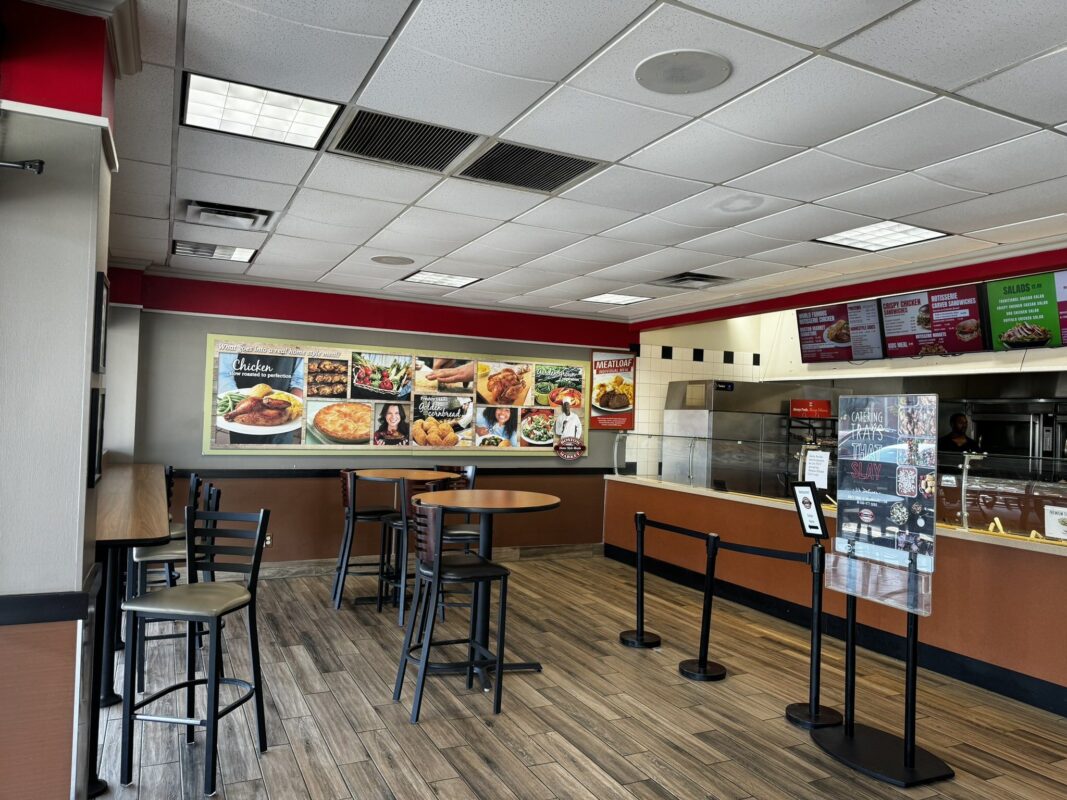Once a beloved staple of the fast food landscape with over 1,200 bustling locations, an American iconic restaurant now faces the somber reality of closing its final 27 restaurants. This marks the end of an era for a chain that was synonymous with rotisserie chicken and comfort food. The dramatic decline over the years highlights not only its struggles but also broader challenges within the fast food industry. Of course, I’m talking about Boston Market.
A Rocky Road After Acquisition
The chain’s woes began to escalate following its acquisition by Jignesh Pandya’s Engage Brands, LLC four years ago. Initially, there was optimism that new ownership might revive Boston Market’s fortunes. However, the reality has been far from hopeful. Pandya himself declared bankruptcy, revealing liabilities between $10-50 million. This financial turmoil was exacerbated by legal judgments against him related to another enterprise he owns, Yum Brands, which faced a significant penalty tied to legal issues with Pizza Hut.
Legal Troubles Pile Up
The financial struggles didn’t stop there. Engage Brands, although initially thought to remain unaffected, found itself embroiled in serious legal challenges. A court mandate ordered the company to pay $15 million to its vendor, US Foods. Additionally, hundreds of lawsuits have been filed against both Boston Market and Engage Brands for unpaid debts. In a notable instance, a court ordered the brand’s bank to release all funds to US Foods—a directive it couldn’t fulfill due to numerous other claims.
Bankruptcy Battles and Business Decline
Pandya’s attempts to file for Chapter 11 bankruptcy for Engage Brands were thwarted; courts rejected his petitions and barred further filings until October. Meanwhile, Boston Market’s headquarters have been seized over unpaid taxes, leading many customers on wild goose chases as they check store locators listing locations that no longer exist! The few remaining Boston Market outlets continue to operate—not because they’re thriving—but rather due to ongoing court proceedings keeping them afloat.
A Cautionary Tale for Fast Food Giants
The fall of Boston Market underscores the difficulties legacy brands face in an evolving fast food sector. As consumer preferences shift towards healthier and more diverse options—think kale salads instead of rotisserie chicken—traditional chains must innovate or risk obsolescence. Boston Market’s failure to adapt is a cautionary tale for other industry stalwarts who may be stuck in their ways.
The Looming Threat of Bankruptcy
The impending closure of Boston Market’s remaining locations suggests that barring a miraculous turnaround—perhaps involving fairy dust or divine intervention—Chapter 7 bankruptcy looms large on the horizon. This would lead straight into the graveyard where all stores would close immediately! It serves as a stark reminder that adaptation and resilience are crucial in this fast-paced food industry that punishes complacency without mercy.
A Symbol of Challenges Ahead
As Boston Market faces its final curtain call, it becomes a poignant symbol of the challenges and unpredictabilities inherent in the restaurant business today. It offers valuable lessons for those navigating these ever-shifting tides of consumer demand and market dynamics—and let me tell you; it’s not just about serving up good chicken anymore!


Leave a Comment